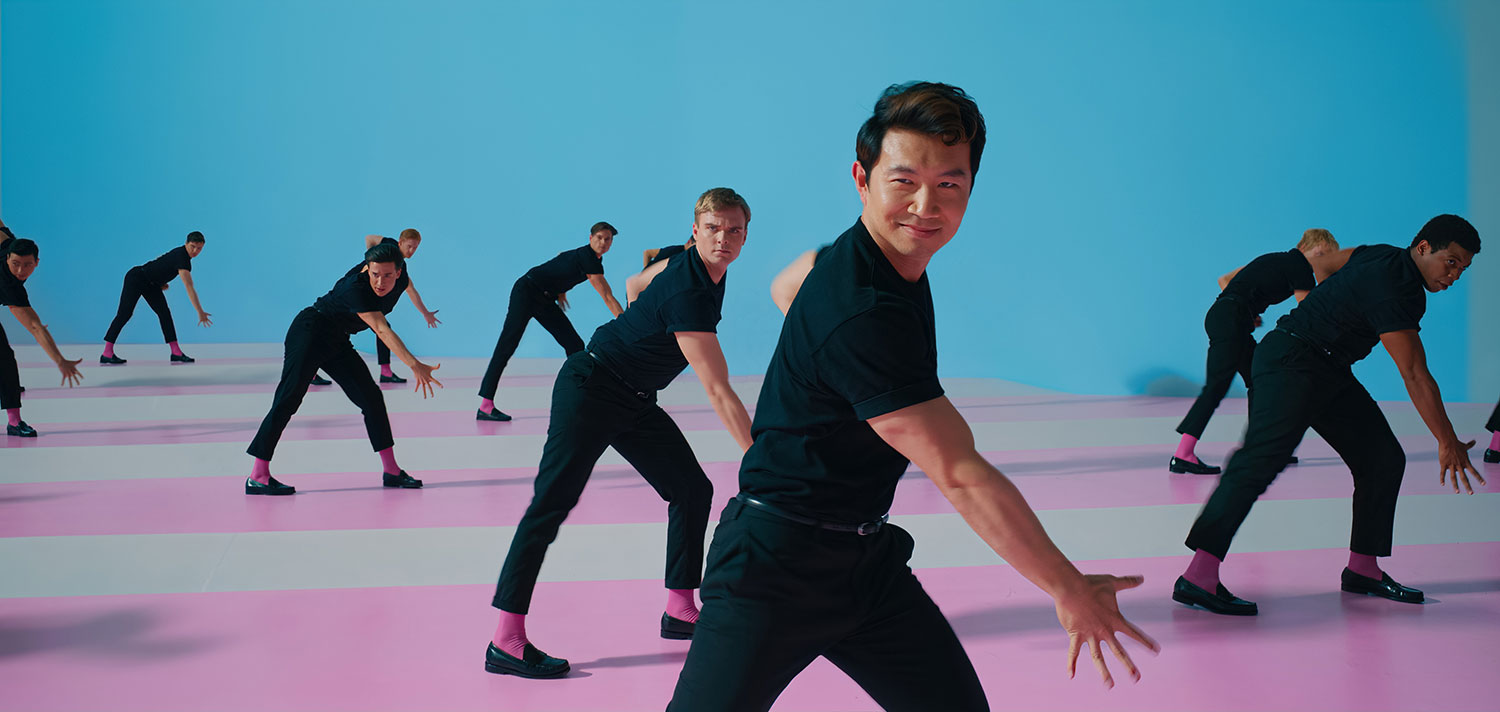Let’s face it: “Barbie” was going to be gay. Maybe not gay enough, according to some gays. Maybe too gay, according to anti-gays.
The fact is, this is a movie about Barbie, and wherever Barbie goes, some inherent queerness will go, too. As a kid, I remember wanting to be Barbie’s best gay friend — I imagined we’d have some pretty fun sleepovers in her Dreamhouse. I also imagined some pretty fun sleepovers with Ken.
So now that “Barbie” is a splashy, pink-soaked blockbuster, director Greta Gerwig serves up a feminist fantasia in which a diverse group of Barbies, including several played by LGBTQ+ actors, reclaim their world from their Ken-ruling counterparts. As a gay boy led into gay adulthood by strong women, I am on board with all that girl power in Gerwig’s “Barbie.”
I also appreciate that the film, starring Margot Robbie as the leading Barbie and Ryan Gosling as the leading Ken, is full of queer subtext that has sent right-wingers into an anti-queer meltdown because, god forbid, dolls should be for everyone. Fox News reported that a Christian news site “warns” that the film ‘“forgets core audience’ in favor of trans agenda and gender themes.”
Let them have their bigoted feelings while the rest of us admire “Barbie” for what it is: a coming-of-age film that lets underdogs come out on top. Here are five of the queerest things to love about “Barbie.”
Queer actors are among those portraying the Barbies and Kens in Gerwig’s Barbie Land. I’d say that’s remarkable, but that kind of casting, where queer people are just in the mix of onscreen talent, should be the norm in all films. In “Barbie,” it is, however, especially meaningful seeing the iconic but historically heteronormative dolls portrayed by openly queer actors (to be fair, no characters are straight or gay since dolls, according to Robbie, don’t have sexual orientation because they all just have plastic nubs down there). Scott Evans, who is Chris Evans’ gay brother, is a Ken, while queer “Love, Simon” actress Alexandra Shipp plays a Barbie. Trans actor Hari Nef also plays a Barbie, and Kate McKinnon is “Weird Barbie,” who emanates some real lesbian vibes (McKinnon herself is openly lesbian) particularly when she offers Robbie’s Barbie some more practical, everyday footwear — those being Birkenstocks.
It would be a shame to feature Ken as prominently as this film does without at least winking at the queer boys, such as myself, who loved him. Thankfully, this fact is realized in Gerwig’s “Barbie,” which suggests that Ken is both an object of desire for men, including other Kens, and that he may even be chasing Barbie for reasons that aren’t exactly amorous in nature. Maybe Ken needs Barbie like Jack needs Karen?
The Kens in this movie, after all, are confused about who they should be, spending so much time proving their masculinity because they are convinced that is how they should act. That societal pressure alone is a familiar stress to any gay man, but “Barbie” does loosely put Ken somewhere on the spectrum of queerness, whether that be a quick cameo from Magic Earring Ken, modeled on gay fashion and also known as “Cock Ring Ken,” or by showing Evans riding a horse stick in a way that doesn’t exactly register as totally straight. Meanwhile, Gosling’s Ken gets kissed on the cheek by two other Kens, including Evans, during a homoerotic ballet sequence that includes the lyric “put that manly hand in mine.” He does not seem to mind.
Gender-neutral bathrooms
One of the most obvious displays of queer inclusivity in “Barbie” involves just a few words spoken by Will Ferrell: “gender-neutral bathrooms.” I nearly applauded when Ferrell, beloved for potty-humor comedies that surely attracts those who have issues with transgender people using whatever bathroom they want, was running down the list of what you’d find at the Mattel headquarters. At Mattel, people pick whatever bathroom best suits them. For one of the biggest films of the year to be given the stamp of approval from a giant corporation that makes products for children, some of the same kids these anti-trans bathroom bills affect, that’s a small victory.
When I first saw the trailer for “Barbie,” I couldn’t help but feel a sense of vindication for the Indigo Girls, whose work is often referred to in mainstream culture as “lesbian music” for the mere fact that duo Emily Saliers and Amy Ray are lesbians. Suddenly, here was Barbie, a beloved commercial figure, flipping the script on that stereotypical notion, driving her pink Corvette and belting out “Closer to Fine” as she leaves Barbie Land for the real world.
“You don’t imagine a folk lesbian duo to be in this hot-pink Barbie movie,” Tig Notaro told Trish Bendix at The New York Times. “Kind of just selfishly and personally, I feel like, ‘Yeah, we were onto something all these years,’ you know? It’s validating. Obviously, it’s been a huge hit forever, but this is so next level.” Perhaps as a way to emphasize this union of commercial and queer culture, openly gay Grammy winner Brandi Carlie and her wife Catherine cover the song on the soundtrack’s expanded edition.
Allan
Always an Allan, never a Ken. If Ken was the object of so many queer boys’ affection, Allan was the doll many of us could relate to — when we weren’t daydreaming about being Barbie, that is. Allan, portrayed by Michael Cera, is the doll version of me at 13 years old, avoiding all the Kens at the bus stop while I exclusively shuffled between women artists on my Walkman. In “Barbie,” Cera’s Allan, who wears a crocheted button-down with colors that resemble a rainbow and whose body isn’t tan and chiseled like the Kens, is right at home with the Barbies himself, not so much the Kens and all of their abs and swaggering machismo. For those reasons alone, Allan is the outsider in all of us.
